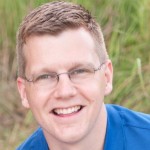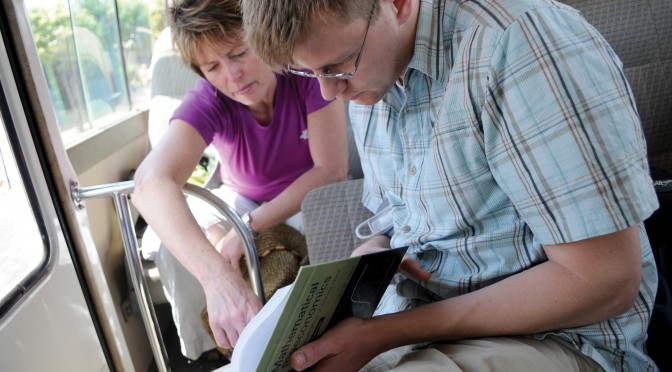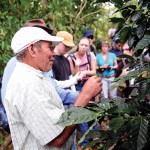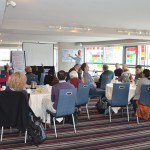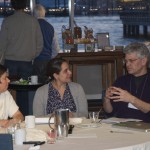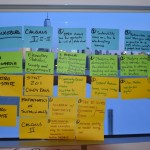A blog post on the CAISE (Center for Advancement of Informal Science Education) website identified a gap in informal education, namely a lack of museum projects that address social issues grounded in math. Museums are increasingly making efforts to address social issues through their programs and exhibits. When they do so, these efforts are generally successful. Developing mathematics-based museum programs could therefore serve as a solution to the relatively low numeracy of U.S. citizens—a social issue in itself considering that many of today’s pressing problems require numerical literacy to be understood and solved.
CAISE tweeted a link to this blog post to SENCER-ISE, an initiative that supports informal science and higher education partnerships addressing social issues. SENCER-ISE in turn tweeted the link to Engaging Mathematics, knowing that the project couples social issues and math.
In the resulting social media discussion, Professor John Zobitz of Augsburg College, an Engaging Mathematics institution, wrote a response explaining how Engaging Mathematics aims “to make mathematics relevant to students’ lives, to connect mathematics learning to the goals and interests that students bring to college, and to show how mathematics relates to other disciplines, important civic questions, and technological challenges.”
In his response, Professor Zobitz welcomed the participation of museums and other informal education organizations as one way to help close the current gap. He wrote:
While the Engaging Mathematics project focuses on integration of social issues with post secondary mathematics curriculum, our hope and core belief is that it will provide a lasting impact beyond the classroom. … As we continue the work of the Engaging Mathematics initiative, we search for new avenues of collaboration or dissemination with museums and other informal science organizations. Collectively our common work broadens the number of projects that couple mathematics with social issues. We welcome the participation of museums in addressing social issues grounded in mathematics.
The original CAISE blog post was co-written by Kris Morrissey, director of the Museology Graduate Program at the University of Washington and founding editor of the journal Museums & Social Issues, and Anna Johnson, Portal to the Public Network specialist at the Pacific Science Center.
Morrissey and Johnson’s post appears in the Building Informal Science Education blog series, an NSF-funded collaboration between the University of Pittsburgh Center for Learning in Out-of-School Environments, the Science Museum of Minnesota, and the Visitor Studies Association.
Thanks to CAISE for publishing the response, and to John Zobitz for writing it. You can connect with CAISE on Twitter at @informalscience. You can also connect with John Zobitz at @ProfZobitz, SENCER-ISE at @sencerise, and Engaging Mathematics at @MathEngaging.
We would also like to refer readers to one example of a museum dedicated to math, the MoMath, or National Museum of Mathematics, located in New York City. As the museum’s website states, the group that worked to open MoMath “quickly discovered that there was no museum of mathematics in the United States, and yet there was incredible demand for hands-on math programming.” The late Alan Friedman, who served both as project director of SENCER-ISE and director of the New York Hall of Science, was also quoted in an article describing MoMath’s foundation. He said, “There are existing museums, like the New York Hall of Science and the Liberty Science Center, and they all deal a tiny bit with mathematical concepts, but not often. To convert mathematical concepts into exhibitions requires additional work that none of the existing museums have done.” Math-focused museum programs and exhibits are indeed scarce. We hope this is something Engaging Mathematics can help work to improve.
Article originally published on October 21, 2014
